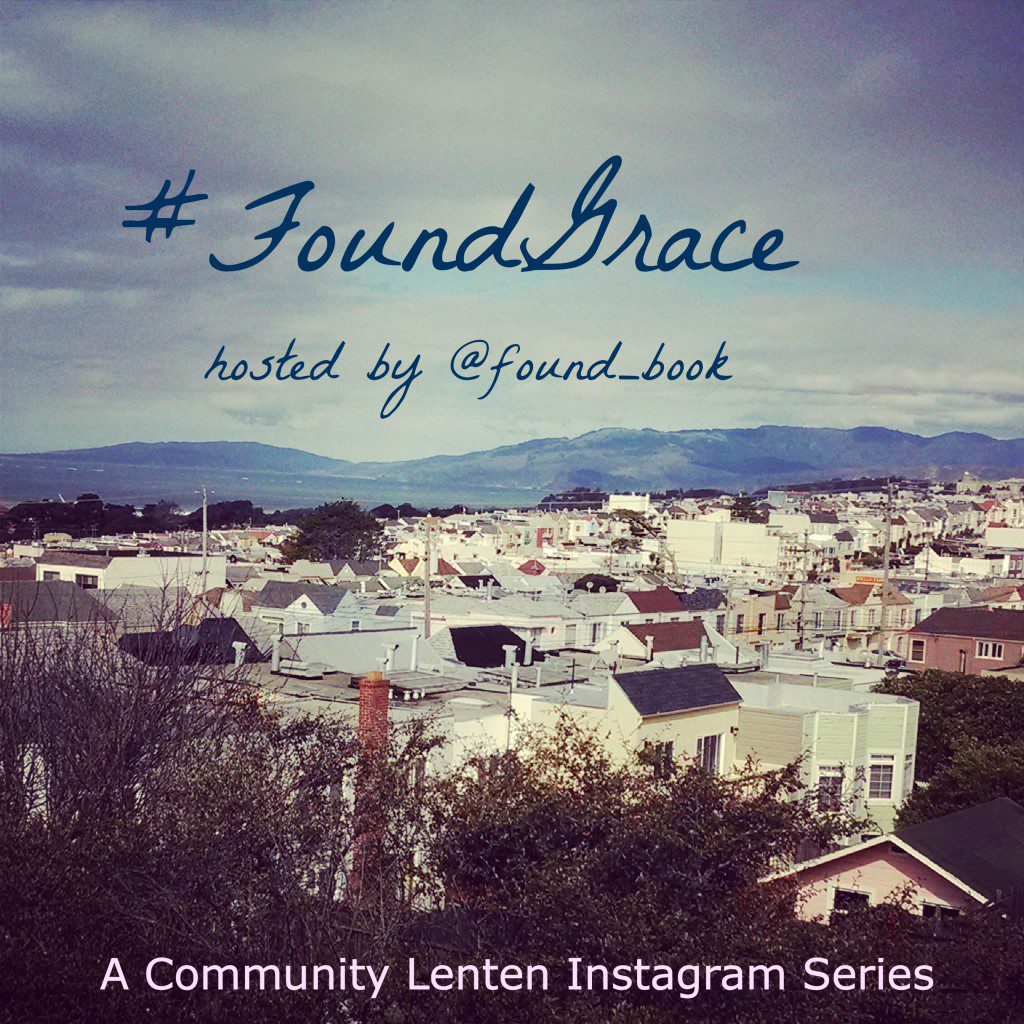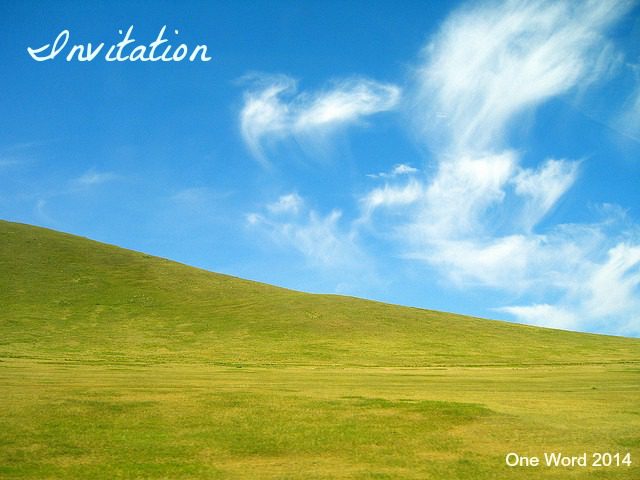Two weeks ago when August had his traumatic day at school, I was a mess when Chris got home. We put the boys to bed and talked. He said, remember how my dad said, “You’re only as happy as your saddest child?”
I remembered.
Then we thought about it some more. For the past year Chris has been slowly picking through Dale Brunner’s commentary on the first half of the book of Matthew. It’s fantastic. I’ve read it in chunks. Chris reads it almost everyday and then rereads the good stuff over and over. (Sidenote: Dale Brunner taught a seminary class I took on the life of Christ. He is hands-down the cutest little gray-headed man I’ve ever seen. And he is oh so very wise. Now is when you should click here to buy Matthew: A Commentary, Vol. 1: The Christbook.)
Chris reminded me that Brunner’s commentary on The Beatitudes says: “The deepest joy may reside in persons with the deepest sadness.” Then he says this, “Sadness and joy are not mutually exclusive; they are often cause and effect” (164).
We’ve been thinking about that and discussing it lately. Isn’t that what true community is meant to look like? To truly love each other we have to choose to feel with the people in our lives who are hurting. That has to be so much more than being sad about their struggle but leaving it behind when we’re back in our home, our life, our family. That’s not an easy choice. It’s intentional. Our minds like to close themselves off to any other’s pain. We have enough of our own. Entering in to brokenness means hurting ourselves. But can we really experience joy, true joy, if we haven’t walked the dark places? Friendship, community, fellowship (oh! there’s a word we don’t use anymore!) is only real when it ventures into the beautiful places and the broken places. The stuff in between is a chat about the weather.
That following Sunday, somewhere on the MoPac Expressway on our way home from church, while half of our car (ahem, August and Micha) were singing along to the Cars 2 soundtrack, Chris brought it up again. He was thinking about our budget, what we want to value as a family. He said maybe beauty and brokenness should be our gage.
What if we chose to only buy stuff that is either made with care or is absolutely essential? What if we formed our family around the goal of always giving our time and things to the hurting?
How do you respond to these questions when you’re in the car, trying to keep your 3-year-old awake till you get home and can put him to bed? How do you respond when the chaos of your life rarely reminds you how deep and wise and kind-hearted this man is whom you’re married to? How do you respond when you think about The Beatitudes and recall how failed you are at really believing in the upside down reality of Jesus and the blessings he pours out to the poor in spirit, to the merciful?
You do like I did: Say, “Okay. Those are our values.”
Then you buy a notebook, and make some notes and rethink the words you use to correct August’s behavior and wonder how to teach your boys to love the broken when it hurts you so badly to even try.
Yesterday I drove past a homeless man begging on the side of a big intersection. August said, “That man doesn’t have a home or a job. But God will take care of him.”
Brokenness and Beauty. Ah, Lord, let it be the truth of us.











